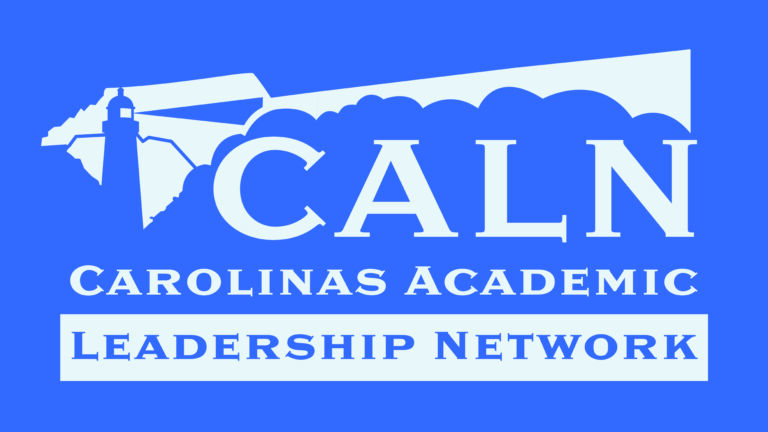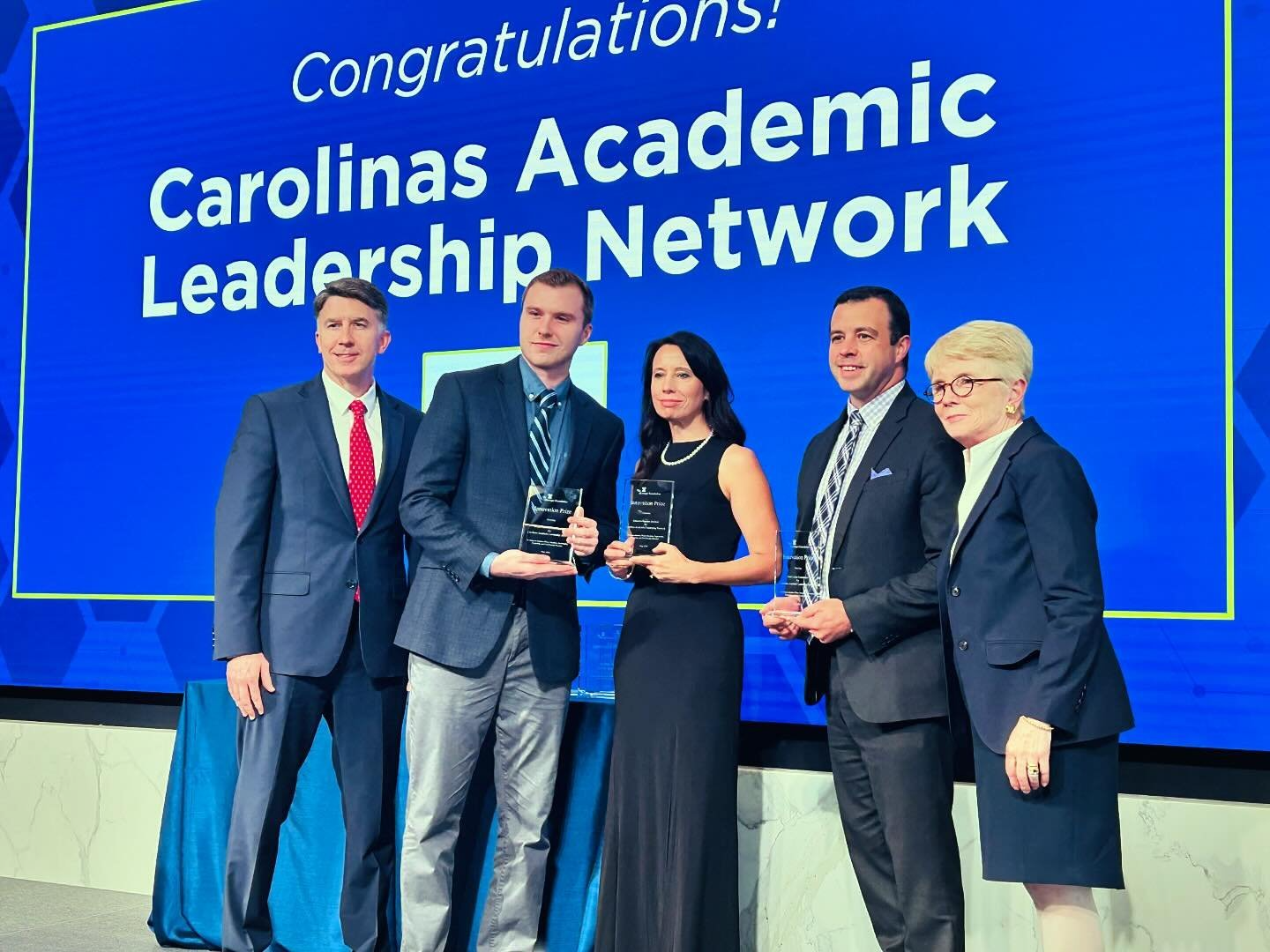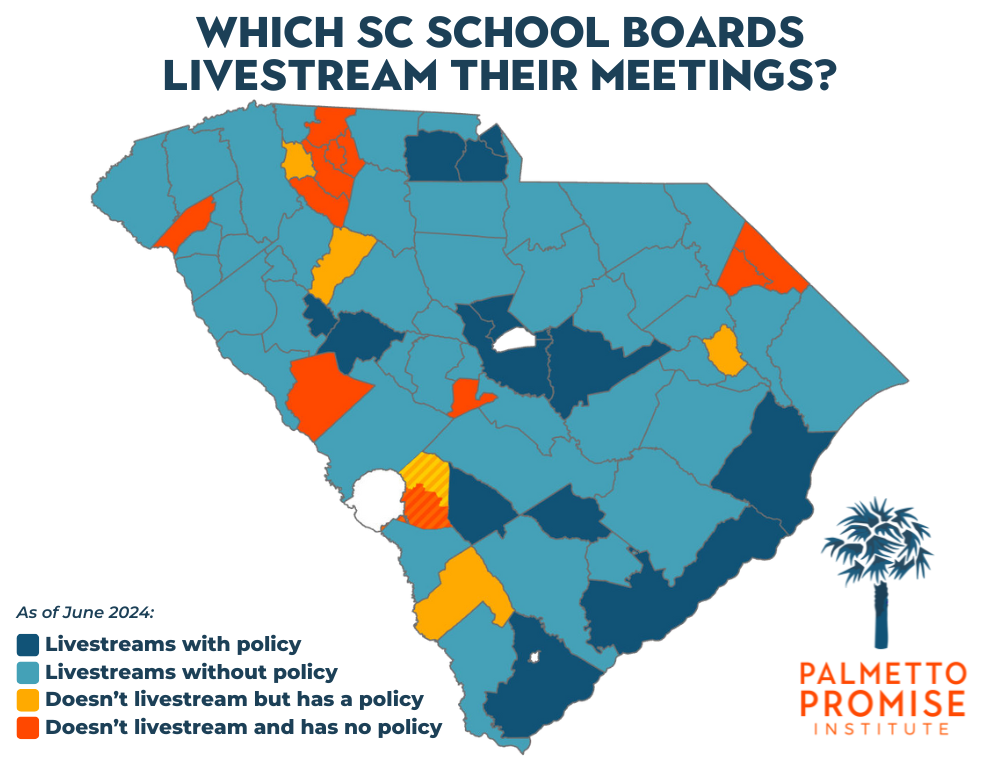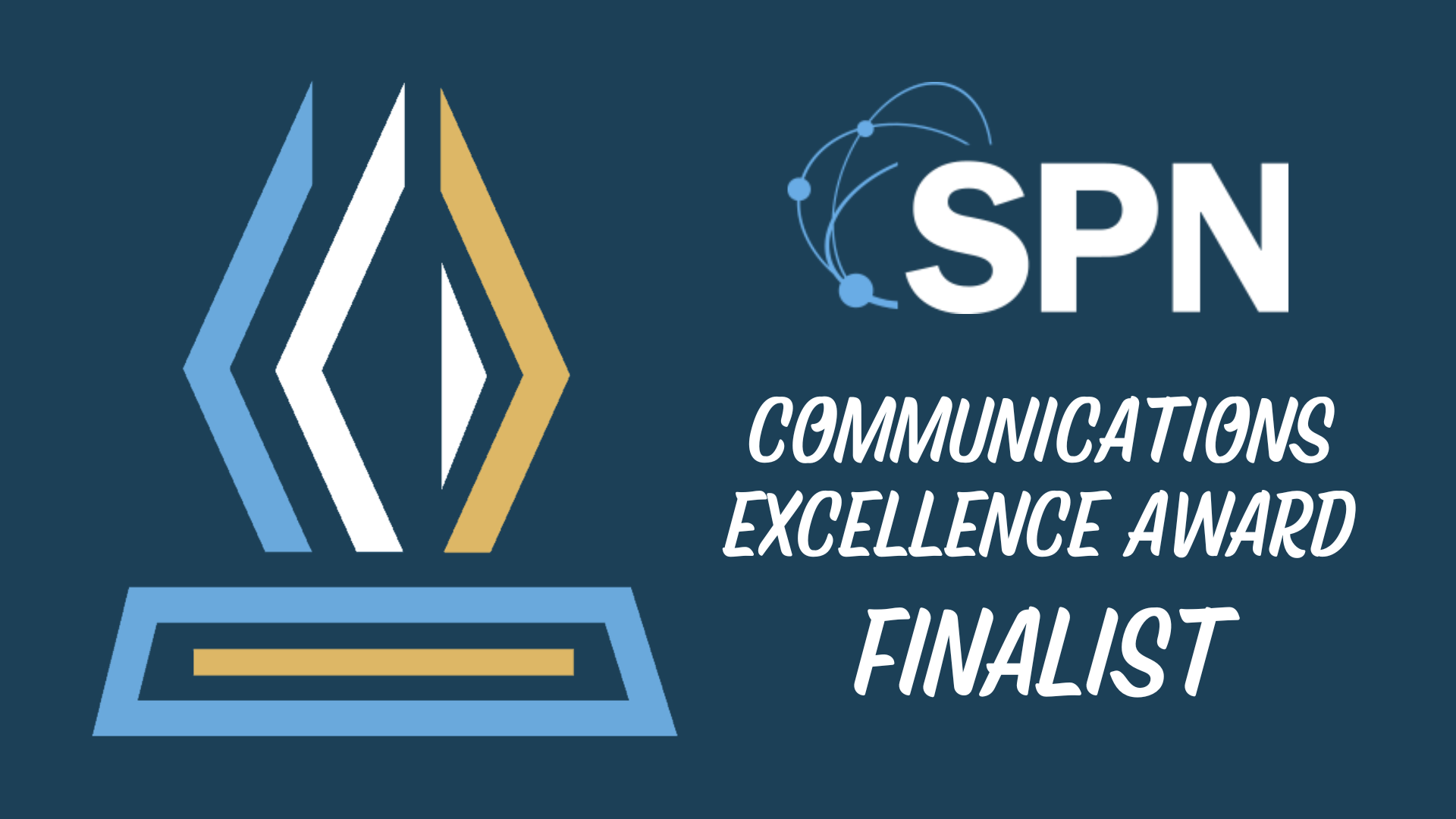July 31: That Humiliating Anniversary
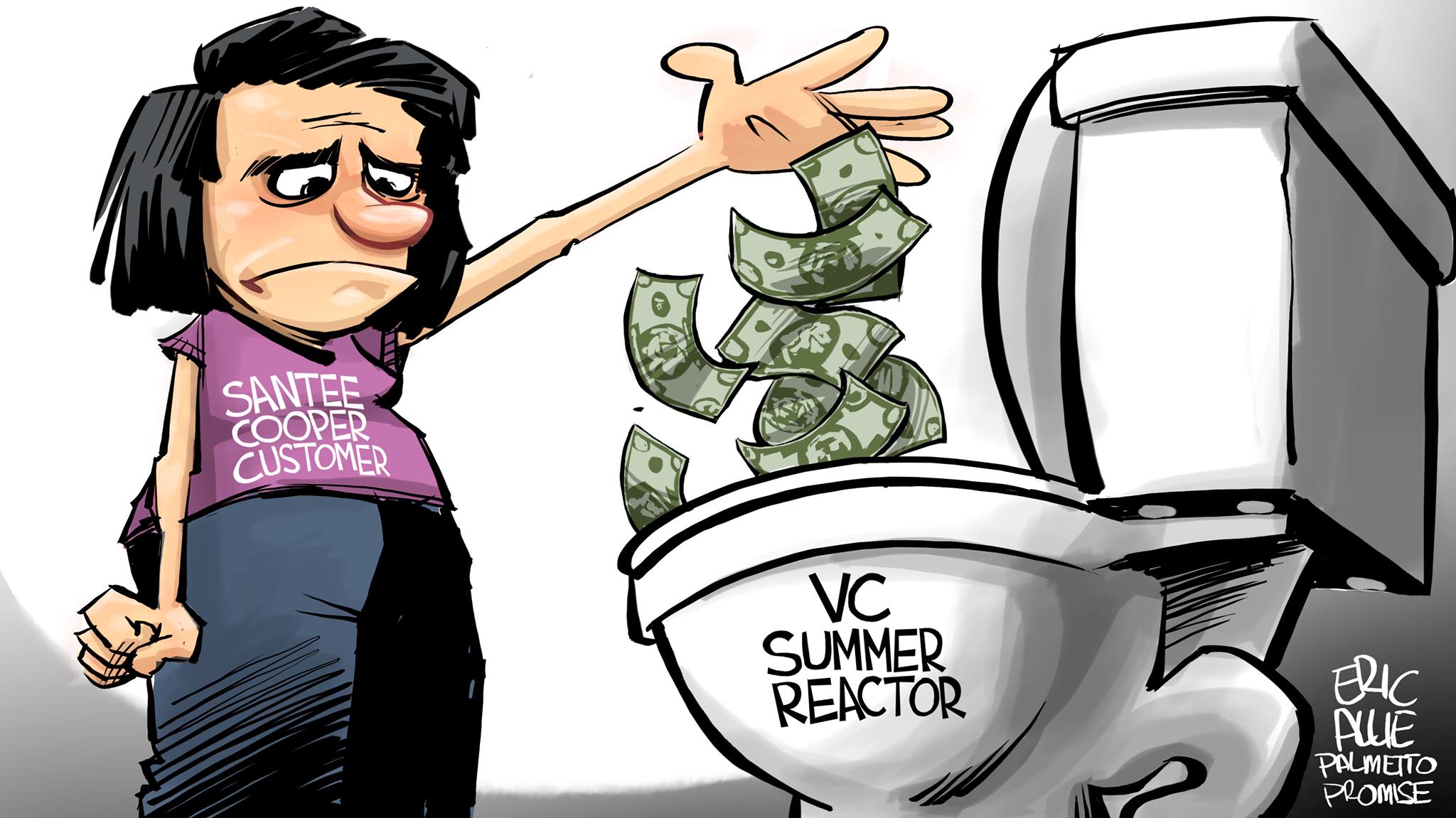
It was a high honor for Virgil C. Summer when SCE&G named its new power plant for him. After all, in 1984, V.C. Summer I was an impressive engineering feat. The new nuclear reactor generated a whopping 966 MW of electricity, and its construction was so efficient that it cost far less per MW generated

